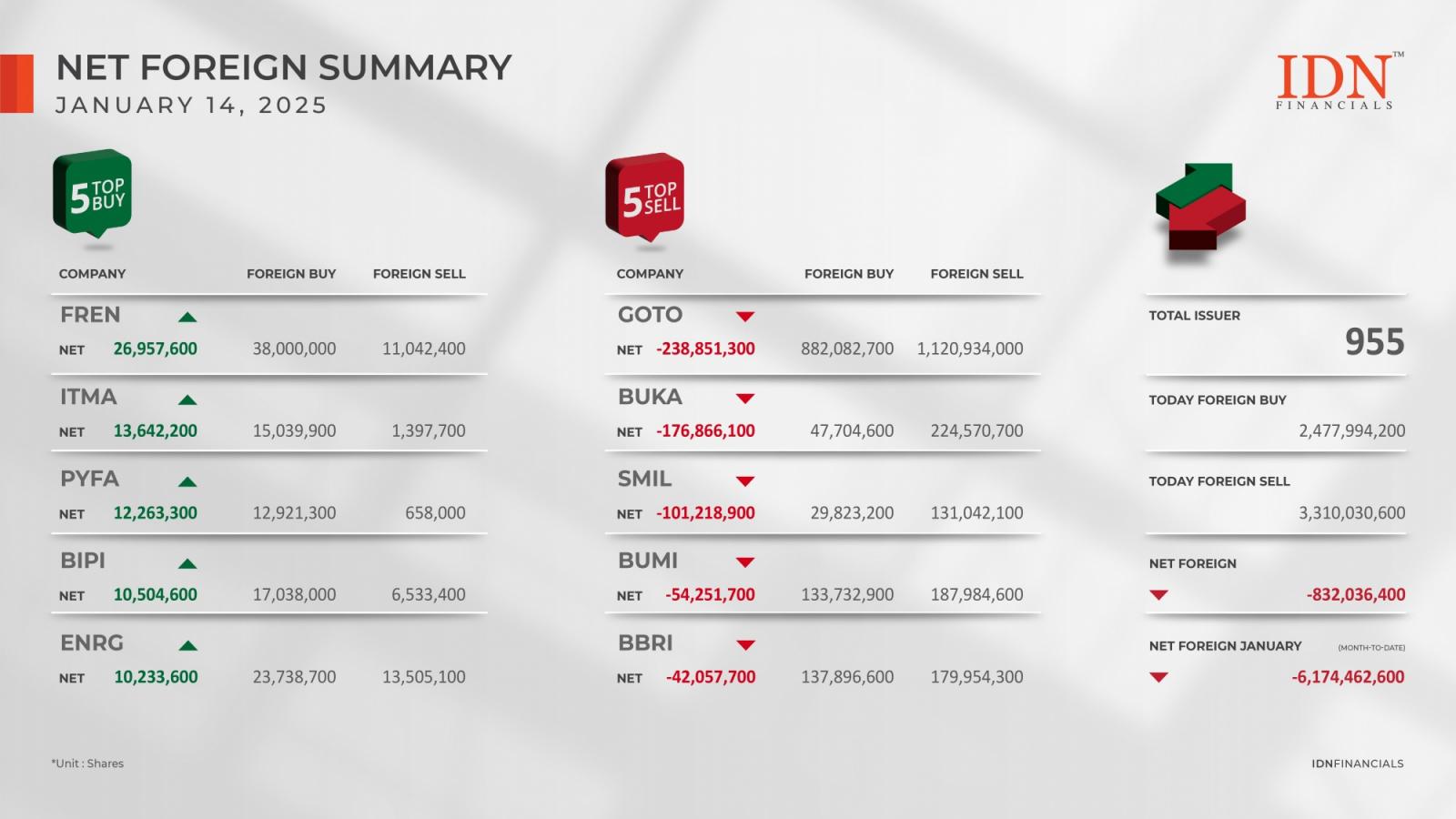
The New Zealand dollar weakened against other major currencies in the Asian session on Friday, as traders expect the Reserve Bank of New Zealand (RBNZ) to cut its interest rates at the next weeks monetary policy meeting.
The RBNZ is expected to its key rates by 50 basis points from 4.75% to 4.25% at Tuesdays monetary policy meeting.
The economy is growing sluggishly at best, and the labor market is pretty weak. So that sets up the RBNZ next week to deliver another 50-basis point cut, the same as we saw in October, said Shannon Nicoll, associate economist at Moodys Analytics.
Escalating geopolitical tensions due to the ongoing war between Russia and Ukraine continued to weigh on market sentiment.
In the Asian trading today, the NZ dollar slid to nearly a 2-month low of 90.03 against the yen, from yesterdays closing value of 90.53. The kiwi may test support near the 86.00 region.
In economic news, overall consumer prices in Japan were up 2.3 percent on year in October, the Ministry of Internal Affairs and Communications said on Friday. That was in line with expectations and down from 2.5 percent in September.
On a seasonally adjusted monthly basis, overall inflation was up 0.4 percent, exceeding forecasts for 0.2 percent following the 0.3 percent decline in the previous month. Core CPI, which excludes the volatile prices of foods, rose 2.3 percent on year, above forecasts for 2.2 percent but down from 2.3 percent a month earlier.
The latest survey from Jibun Bank revealed that the manufacturing sector in Japan continued to contract in November, and at a faster pace, with a manufacturing PMI score of 49.0. Thats down from 49.2 in October, although it moves further beneath the boom-or-bust line of 50 that separates expansion from contraction. The survey also showed that the services PMI improved to 50.2 from 49.7 in the previous month. The composite PMI rose to 49.8 in November from 49.6 on October.
Against the Australia and the U.S. dollars, the kiwi plunged to more than a 2-yr low of 1.1180 and a 1-yr low of 0.5829 from Thursdays closing quotes of 1.1109 and 0.5859, respectively. If the kiwi extends its downtrend, it is likely to find support around 1.12 against the aussie and 0.57 against the greenback.
The kiwi edged down to 1.7961 against the euro, from yesterdays closing value of 1.7869. On the downside, 1.84 is seen as the next support level for the kiwi.
Looking ahead, PMI reports from various European economies and U.K. for November are slated for release in the European session.
In the New York session, Canada new housing price index for October, retail sales for September, U.S. PMI data for November, U.S. University of Michigan consumer sentiment for November and U.S. Baker Hughes weekly oil rig count data are slated for release.





